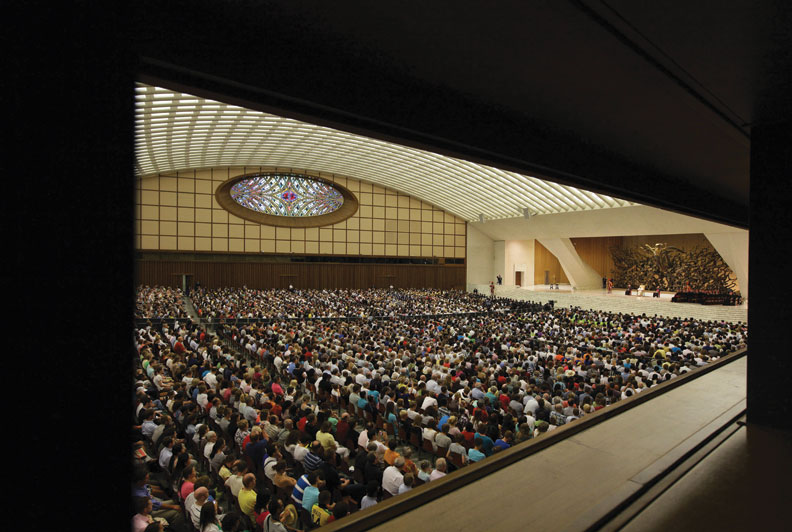
This unusual photo of a crowded Paul VI Audience Hall inside Vatican City was taken by our photographer, Grzegorz Galazka, during Pope Benedict XVI’s general audience on Wednesday, June 27, from a window in the side wall of the hall

Many in the world today are surrounded by people or things that threaten to become the guiding force in their lives; therefore, “it’s necessary to have a hierarchy of values in which the top priority is God,” he said.
It was his last general audience before the Pope was to leave July 3 for vacation at the papal summer residence in Castel Gandolfo, south of Rome. The weekly general audience was scheduled to resume August 1.
In his catechesis, the Pope continued his series of talks on prayer in the letters of St. Paul, looking this time at the Letter to the Philippians.
People often look for “self-actualization in power, domination and in powerful means,” creating a tower of Babel in a quest to be god-like, said the Pope. Such pursuits reflect the sin of Adam, who sought to put himself ahead of God.
Jesus, instead, showed that true exaltation and victory come with absolute abasement and humility — being a servant to others and obeying God’s will, even to the point of being killed on the cross, the Pope said.
By becoming fully human and obeying God, he said, Jesus gave humanity back the dignity it had lost with Adam’s disobedience.
“As Jesus’ exaltation took place through his abasement, so in our lives and in our prayer we discover that, by lowering ourselves in humility and love, we are lifted up to God.”
Noting the upcoming feast of Sts. Peter and Paul, June 29, the Pope asked pilgrims in Rome to visit the saints’ tombs as a way of “deepening your love for Christ’s Church, founded on the apostles.”
NOMINATIONS
Benedict XVI has named U.S. Archbishop J. AUGUSTINE DI NOIA to fill the newly-created post of vice president of the Pontifical Commission Ecclesia Dei.
“The appointment of a high-ranking prelate to this position is a sign of the Holy Father’s pastoral solicitude for traditionalist Catholics in communion with the Holy See and his strong desire for the reconciliation of those traditionalist communities not in union with the See of Peter,” the Vatican said in a written statement June 26.
The statement, released by the Congregation for the Doctrine of the Faith, which oversees Ecclesia Dei, said the New York-born Dominican is a respected theologian who has devoted much time and attention to the doctrinal issues under review in current talks with the traditionalist Society of St. Pius X, led by Bishop Bernard Fellay.
Archbishop Di Noia said his task will be to help resolve the impasse over the terms of an agreement.
“The theological dialogue has gone on for three years but now (the Pope) is hoping to find the language or the modality for a reconciliation,” Archbishop Di Noia said. “We’re at the stage of finessing, to help them find a formula which respects their own theological integrity.”
“It seems to everyone that (a reconciliation) is close, but now it needs a kind of push,” he said.
When Archbishop Di Noia was undersecretary of the doctrinal congregation, he was involved with the Pope’s establishment in 2009 of the personal ordinariates, special structures for former Anglicans who want to be in full communion with the Catholic Church while preserving aspects of their Anglican spiritual and liturgical heritage.
“It’s possible that (Pope Benedict) had that experience in view” when selecting him for his latest job, the archbishop said.
Blessed John Paul II named then-Father Di Noia to the No. 3 spot at the doctrinal congregation in 2002, when it was headed by then-Cardinal Joseph Ratzinger. The archbishop has worked extensively with Pope Benedict, especially as a member of the International Theological Commission when the current Pope was its president.
Pope Benedict has named Archbishop GERHARD L. MÜLLER of Regensburg, Germany, the new prefect of the Congregation for the Doctrine of the Faith.
The 64-year-old expert in dogmatic theology and ecumenism, who has co-authored a work on liberation theology, replaced U.S. Cardinal William J. Levada, who retired at 76.
As head of the doctrinal congregation, the archbishop also assumes the roles of president of the Pontifical Commission Ecclesia Dei, the Pontifical Biblical Commission and the International Theological Commission.
The appointment automatically elevates the former bishop of Regensburg, Germany, to the rank of archbishop, according to a Vatican statement July 2.
He has authored more than 400 works, the most well-known being the 900-page Catholic Dogmatics: For the Study and Practice of Theology.
In 2004, he co-authored a book titled On the Side of the Poor: The Theology of Liberation with Dominican Father Gustavo Gutierrez, who is considered the father of liberation theology.
Archbishop Müller has been a member of the doctrinal congregation since 2007 and was a member of the International Theological Commission from 1998 to 2003 — both bodies that Pope Benedict led until 2005 when he was elected pontiff.
He has close ties to Pope Benedict and in 2008 helped establish the Pope Benedict XVI Institute, which is publishing a complete collection of works by Joseph Ratzinger/Pope Benedict XVI. The Pope personally commissioned the archbishop to lead the publication of his collected works, according to the diocese of Regensburg.
He was named bishop of Regensburg in 2002 and then-Cardinal Ratzinger attended his episcopal ordination. Bishop Müller chose as the motto for his episcopate Dominus Iesus (“The Lord Jesus”), which comes from St. Paul’s Letter to the Romans and is the title of the 2000 document on salvation through Christ alone, issued by the doctrinal congregation under then-Cardinal Ratzinger.
POPE PIUS XII
A revised text in an exhibit at the Yad Vashem Holocaust Memorial in Israel offers a less-critical assessment of the actions of Pope PIUS XII in dealing with the Nazi persecution of Jews during World War II, pleasing many in the Church who have asked for years that the museum revise the text.
While the new text still points to Pope Pius’ prominent role in the Church’s negotiations with Nazi officials, it paints a more complex picture of the decades-ago situation.
Still, the new text includes criticism of the Vatican for not opening its archives to allow historians to research the actions of the Holy See at the time, noting that until researchers have access to “all relevant” materials the topic will “remain open to further inquiry.”
Archbishop Antonio Franco, papal nuncio to Israel and the Palestinian territories, who in 2007 had threatened to not take part in Israel’s Holocaust Remembrance Day ceremony because of the exhibit’s text, said the move was “a step forward.”
Archbishop Franco explained that the Vatican’s archives continue to be catalogued and will be open to the public once the work is finished. He offered no timeline for completion of the work.
While the old text noted the controversy surrounding Pope Pius XII’s actions during World War II, it maintained that the Pope signed an agreement with the German regime to preserve the Church’s rights in Germany, “even if this meant recognizing the Nazi racist regime.” The text also said that upon his election as Pope in 1939, he shelved a letter against racism and anti-Semitism that his predecessor, Pope Pius XI, had written.
The new museum panel is titled “The Vatican” instead of “Pope Pius XII.” The new text reduces the role of Pope Pius XII in negotiating the agreement, explaining that it was reached under Pius XI. Pope Pius XII served as secretary of state under his predecessor.
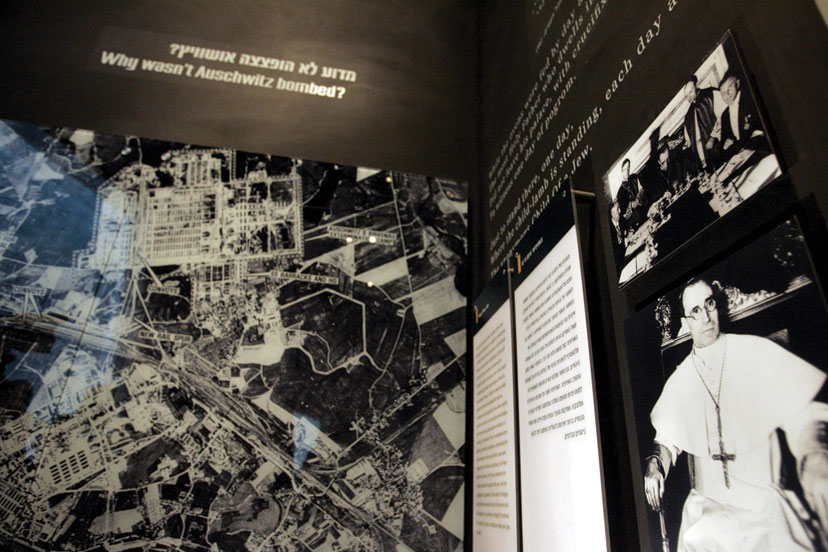
Yad Vashem said the new wall panel now presents the controversy over Pope Pius XII’s actions during WWII in more detail, helping visitors to better understand the context surrounding the issue.
In its statement the museum said it “looks forward to the day when the Vatican archives will be open to researchers so that a clearer understanding of the events can be reached.”
OBITUARIES
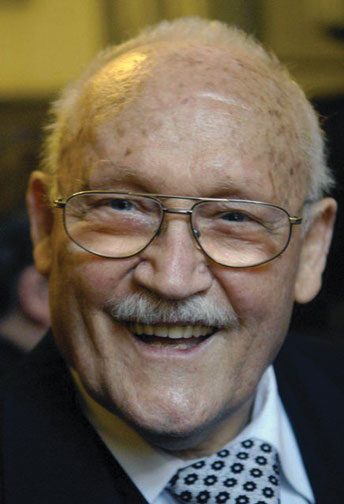
STEFAN STULIGROSZ, a distinguished Polish professor, musician, director and lover of choir music, founder of the Poznańskie Słowiki Choir (Poznanń Nightingales) passed away.
On June 15, which this year coincided with the Feast of the Sacred Heart of Jesus, STEFAN STULIGROSZ, a distinguished Polish professor, musician, director and lover of choir music, founder of the Poznańskie Słowiki Choir (Poznanń Nightingales) passed away. His choir brought him worldwide fame. They sang to kings, presidents and other important people, but they also gave concerts in simple parishes. The choir was personally invited by Pope John Paul II to sing at the Vatican in place of the Sistine Chapel Choir during the beatification and canonization Masses of Sister Faustina Kowalska.
Stuligrosz was born on the Feast of Our Lady of Czestochowa (August 26) in 1920 in a simple and poor Polish family in Poznan, Poland. In 1939, the Nazis occupied the city and arrested many distinguished Polish patriots and important people, among them Father Gieburowski, then director of the cathedral choir. Young Stefan decided to ask some of the singers to continue to sing at Sunday Mass at All Saints Church in Grobla (a part of Poznan), to give hope to the occupied citizens. The church was one of two churches open for Poles for celebrations; the rest were closed, including the cathedral. At the end of the war when, sick and exhausted, Fr. Gieburowski came back from imprisonment in Germany, he chose Stefan as his successor.
The period after the Second World War wasn’t easy for Stuligrosz. Persecution of the Church by the Communist government led Cardinal Stefan Wyszynski to make a decision to close all the ecclesial organizations, including the choirs. Stuligrosz found a chance to continue his mission at the Poznanń Philharmonic. The orchestra traveled through the whole world singing, including in the United States, Australia and New Zealand. The choir had the privilege of singing for US President John F. Kennedy. Prof. Stuligrosz managed to keep his strong, unfailing faith, passion and dedication for sacred music, promoting not only Palestrina’s pieces, but also Polish composers like Gomolka and Chlondowski. He also composed numerous pieces of his own, including for the beatification of John Paul II. For his dedication to sacred music, Stuligrosz received the Order of St. Sylvester, Pope and Martyr; and a doctorate honoris causa from the Pontifical Institute of Sacred Music in Rome. The funeral was celebrated in the Poznan Cathedral by Archbishop Stanislaw Gadecki.
—Anna Artymiak

Cardinal EUGENIO DE ARAUJO SALES, the retired archbishop of Rio de Janeiro who defended the rights of the poor
Cardinal EUGENIO DE ARAUJO SALES, the retired archbishop of Rio de Janeiro who defended the rights of the poor and attended all four sessions of the Second Vatican Council, died on July 9 of a heart attack at the age of 91.
In a condolence message to the archdiocese on July 10, the Pope said the cardinal had “a long life dedicated to the Church in Brazil” and was distinguished for “showing all the path of truth in charity and service.”
Serving as archbishop of Rio de Janeiro for 30 years, the late cardinal had been outspoken against human rights violations during the decades of military rule in Brazil. After a civilian government came to power in 1984, he criticized the country’s new constitution for not doing enough for agrarian reform and for defining abortion too vaguely.
He supported the Vatican’s efforts to sanction Brazilian theologians and to close seminaries that had strayed from Catholic principles in their focus on liberation theology.
Cardinal Sales’ death leaves the College of Cardinals with 208 members, 121 of whom are under the age of 80 and therefore eligible to vote in a conclave.

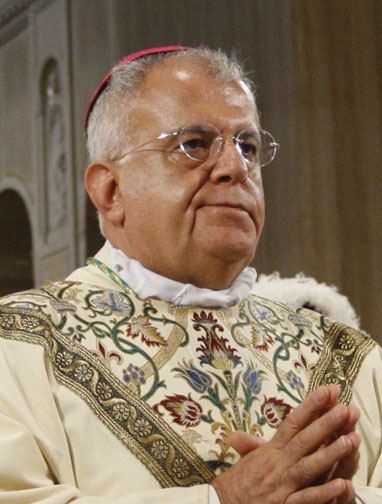
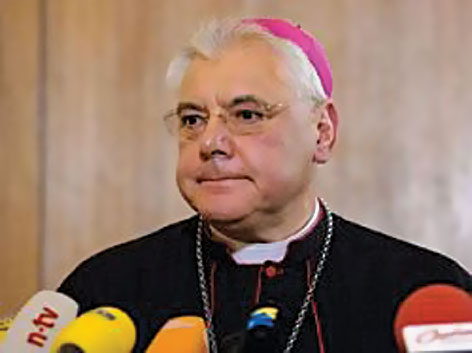
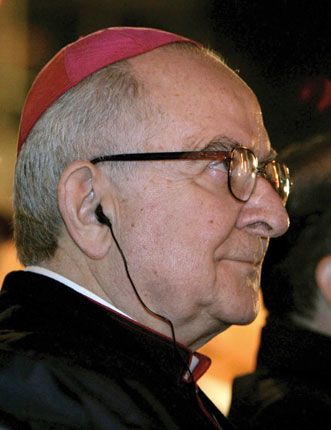

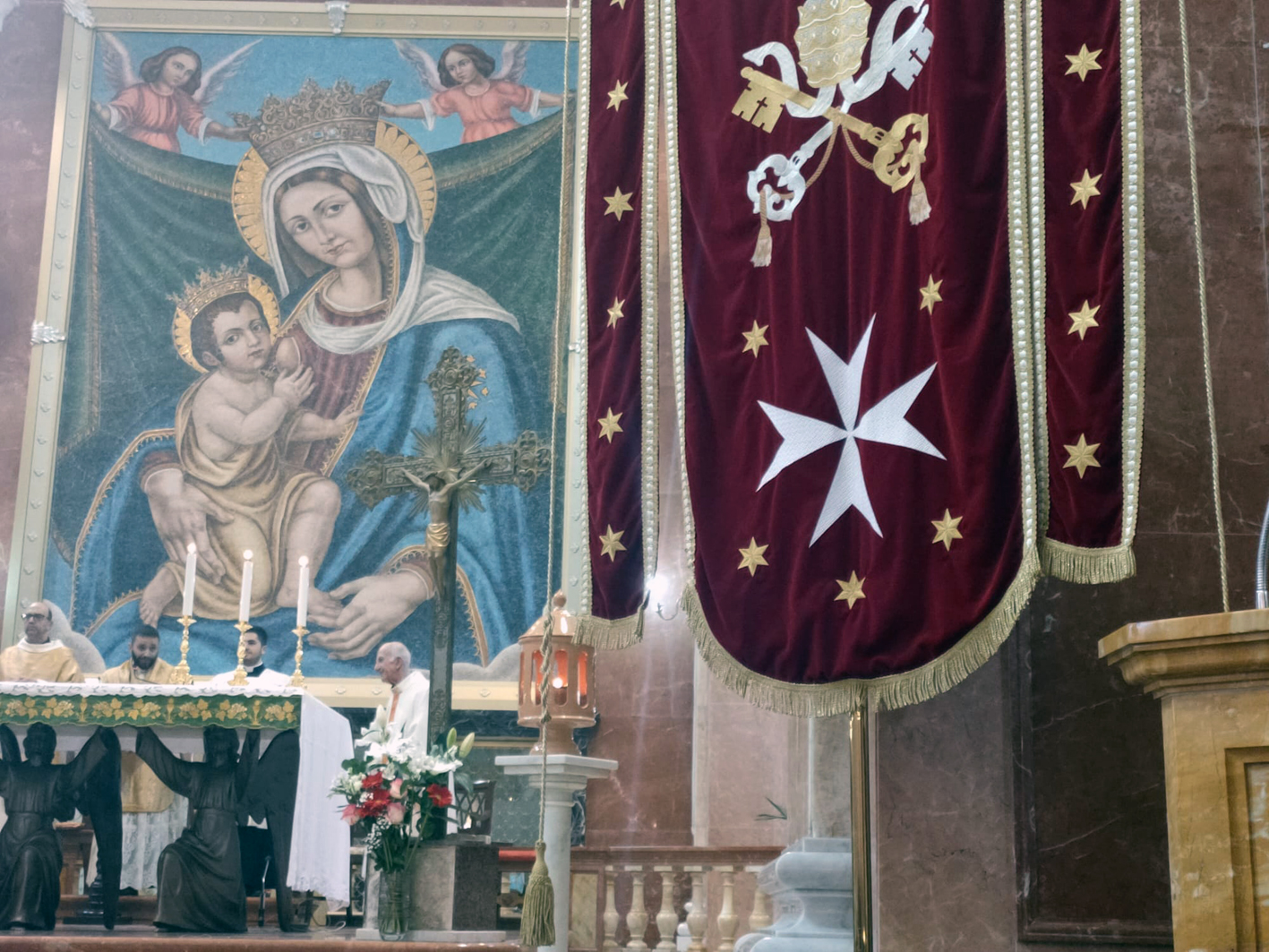
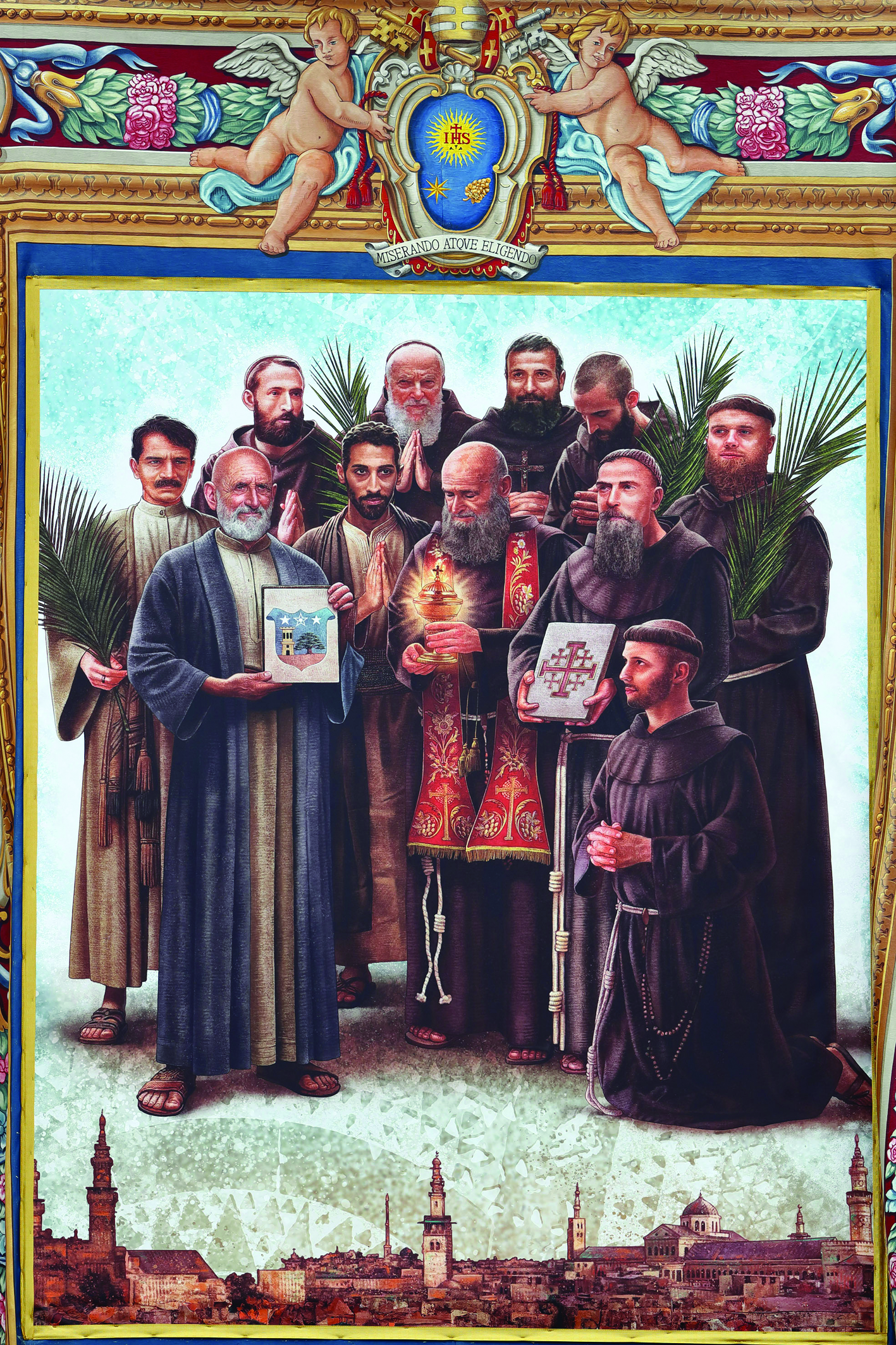
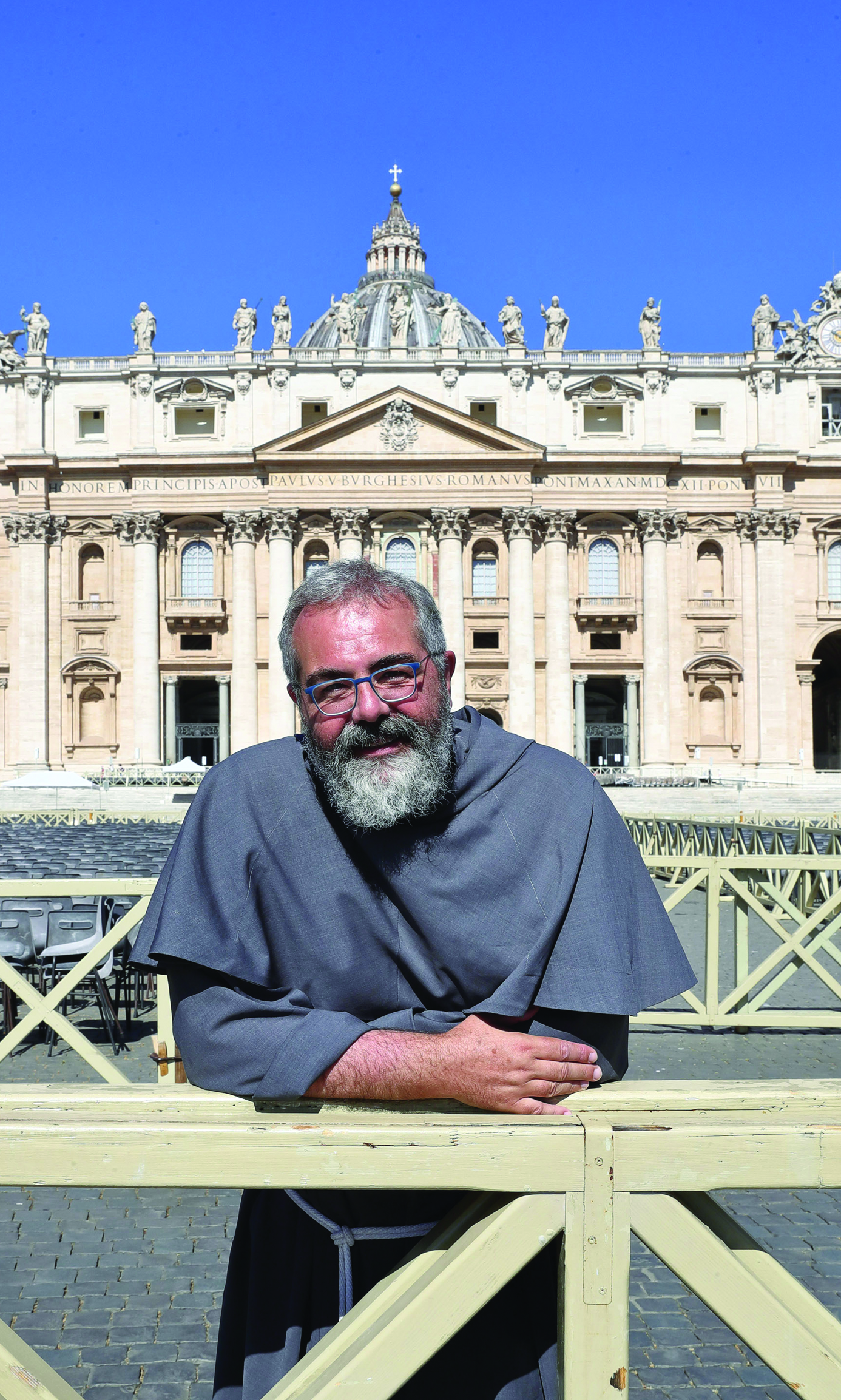

Facebook Comments